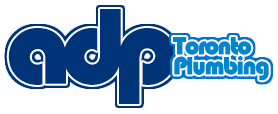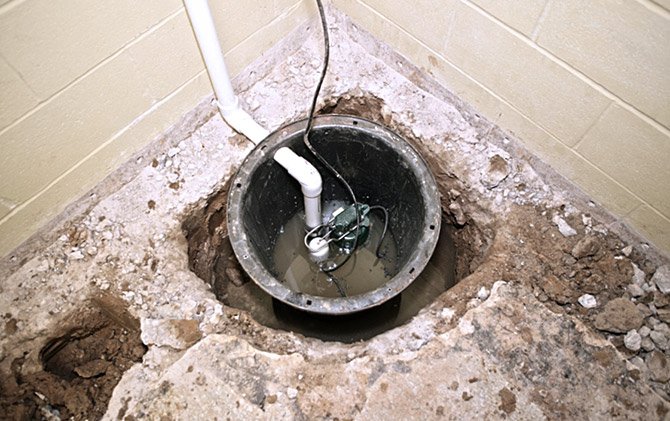We’ve spoken several times about installing the necessary equipment to protect your home from rising floodwaters, particularly in Toronto’s rainy seasons. But no amount of expenditure on quality installations will help you unless the equipment is in good working order, which makes processes such as backwater valve maintenance vital for your peace of mind. Here are some commonly asked questions and their answers:
Q: Why do I need to conduct regular maintenance of my plumbing system?
A: Performing regular plumbing maintenance can help to keep your system operating at peak efficiency all year round. This helps to reduce the number of problems you are likely to experience and save you money in the long term. Plumbing maintenance typically includes items such as:
- Clearing “slow” drains
- Cleaning out faucet aerators
- Fixing toilet leaks
- Resolving blockages
- Servicing hot water heaters
The number of items you repair varies depending on criteria such as the size of your household and the load on the system, as well as the budget you have available for maintenance.
Q: Which items require servicing by a professional plumber?
A: Some things you can serve yourself, but there are others you should probably use a plumber to do. For example, it’s not difficult to detect and repair small water leaks such as those that affect your toilet. These can often be resolved by adjusting the float arm or installing a new ball valve. The items that need professional attention, however, include the hot water heater, sump pump, and various valves, because all of these are mechanical in nature and can potentially be dangerous.
Q: How often is backwater valve maintenance required?
A: The backwater valve helps to prevent water from backing up into your home from the municipal sewers and drainpipes. Because they only allow water to flow in one direction, even if the floodwaters rise above the level of your drainage system the water isn’t able to flow back into your home through toilets, shower drains and laundry tubs. Considering floodwaters often contain sewage and other chemicals, these valves are an important aspect of a home’s flood prevention system. Have these valves inspected on an annual basis and repairs conducted to avoid a breakdown? Backwater valve maintenance usually includes an annual inspection to make sure all parts are moving freely and the valve is functioning capably, as well as a cleanout of any debris inside.
Q: What does a camera inspection reveal about my plumbing installation?
A: A drain camera inspection is the most reliable way to discover whether you have potential problems brewing in your drains. The plumber inserts a fiber-optic camera into the pipes that are able to travel along the length of the drain tunnel and film the state of the interior. Blockages and debris are identified by viewing its progress on a small color screen, and it’s even possible to see where pipes have been damaged by general wear and tear. The plumber will be able to give you an accurate estimate of the repair costs and work required to resolve the problems after this kind of inspection.
Q: How much will it cost to do scheduled plumbing maintenance?
A: It’s impossible for your plumber to give a fixed rate for plumbing maintenance procedures without conducting an inspection to determine what might need to be done. You can set up a schedule maintenance agreement with most plumbers, however, which helps you to save money by being proactive about your home plumbing. These contracts usually include items such as regular backwater valve maintenance, hot water heater services and other items that benefit from ongoing attention.
Don’t be caught napping by your plumbing this year. Take precautionary measures with a maintenance agreement that helps to set you free to enjoy your summer.

